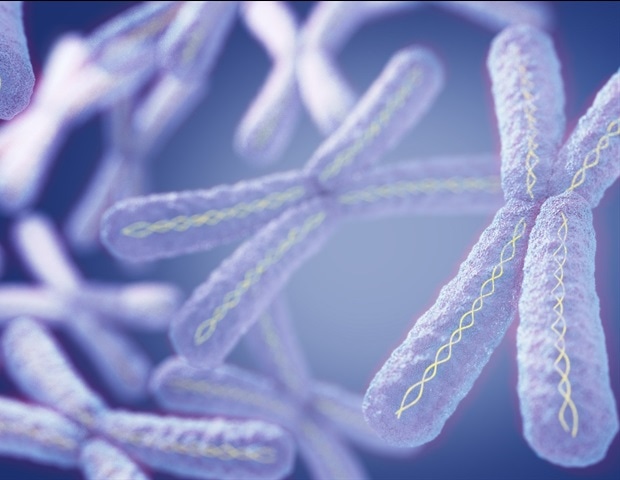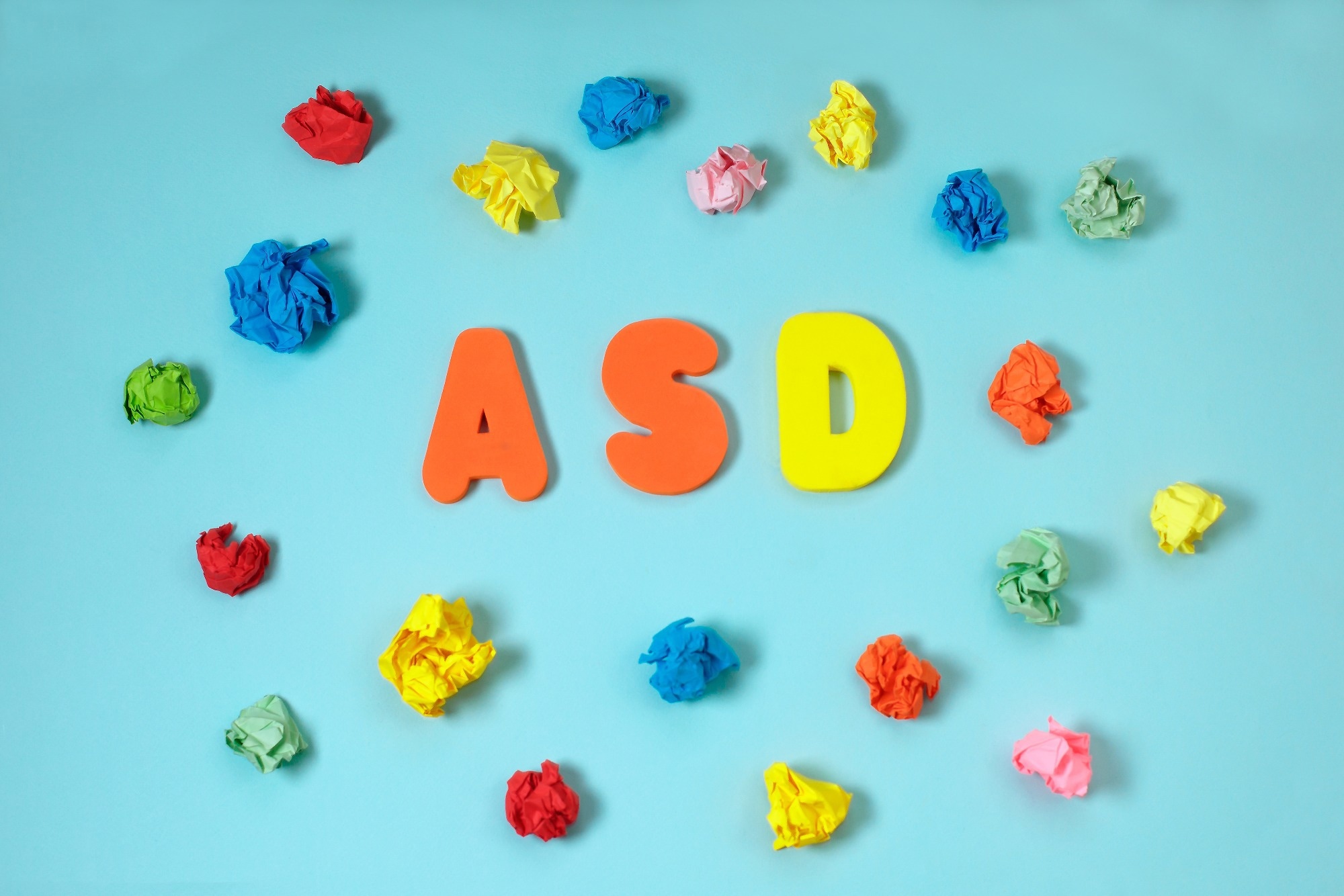The American Journal of Clinical Nutrition has recently published a study that describes the impact of vitamin D status on brain health. The study findings reveal that vitamin D deficiency increases the risk of dementia.
Study: Vitamin D and brain health: an observational and Mendelian randomization study. Image Credit: Lightspring / Shutterstock
Background
Vitamin D, a hormone precursor, is known to influence brain health by modulating neurotrophic growth factors, inflammation, and thrombosis. Vitamin D status in the body is typically monitored by measuring the blood level of 25-hydroxyvitamin D, which is a form of vitamin D produced in the liver. The prevalence of vitamin D deficiency (<25 nmol/L) has been estimated to be 5% – 50%, depending on geographic location and demographic factors.
According to the available literature, neurodegenerative diseases and cognitive decline are associated with changes in brain size and shape (brain morphometry). An association between vitamin D status and brain morphometry has also been established in the literature. In this context, a large-scale systematic review has concluded that vitamin D deficiency is associated with lower brain volume.
This study examined the association between vitamin D status and various brain neuroimaging features. They have also investigated whether severe vitamin D deficiency can increase the risk of dementia and stroke.
Study design
The scientists collected prospective data from the UK Biobank to investigate the effect of 25-hydroxyvitamin D concentrations on neuroimaging outcomes and the risk of dementia and stroke.
They investigated the fundamental causative factors for neuroimaging outcomes and dementia and stroke using nonlinear Mendelian randomization analysis. In Mendelian randomization, measured variation in known genes is used to investigate the causal effect of modifiable risk factors on health outcomes in observational data.
Important observations
The analysis conducted after adjusting for socioeconomic factors revealed a strong association between 25-hydroxyvitamin D concentrations and neuroimaging features.
A nonlinear association was observed between 25-hydroxyvitamin D concentrations and total brain volume, white and gray matter volume, and hippocampal volume. Both low and high 25-hydroxyvitamin D concentrations were found to associate with lower total brain, white matter, and gray matter volumes. This association was stronger in males than that in females.
Furthermore, an association was observed between lower 25-hydroxyvitamin D concentrations and white matter hyperintensity volume. White matter hyperintensities are the indicators of brain structural alterations associated with a range of severe morbidities, including cognitive decline and stroke.
The impact of 25-hydroxyvitamin D concentrations on the risk of dementia and stroke was observed in the study. The participants with the lowest 25-hydroxyvitamin D concentration showed the highest risk of dementia and stroke.
Mendelian randomization
A nonlinear inverse correlation was observed between genetically determined vitamin D status and the risk of dementia. The participants with lower 25-hydroxyvitamin D concentrations showed the highest risk of dementia. Specifically, participants with a hydroxyvitamin D concentration of 25 nmol/L exhibited a 54% higher risk of dementia compared to those with 50 nmol/L of 25-hydroxyvitamin D.
In the Mendelian randomization analysis, no association of 25-hydroxyvitamin D concentration was observed with neuroimaging features and risk of stroke. Further analysis revealed that 17% of dementia can be prevented by increasing the 25-hydroxyvitamin D concentration to 50 nmol/L.
Study significance
The study findings reveal that vitamin D deficiency can significantly affect brain health. Specifically, the study indicates that individuals with low vitamin D levels are at higher risk of developing dementia.
As mentioned by the scientists, the findings provide a vital opportunity for preventing dementia. They have also highlighted the need for conducting more extensive Mendelian randomization studies to confirm the proposed causal association between 25-hydroxyvitamin D concentrations and brain morphometry.












